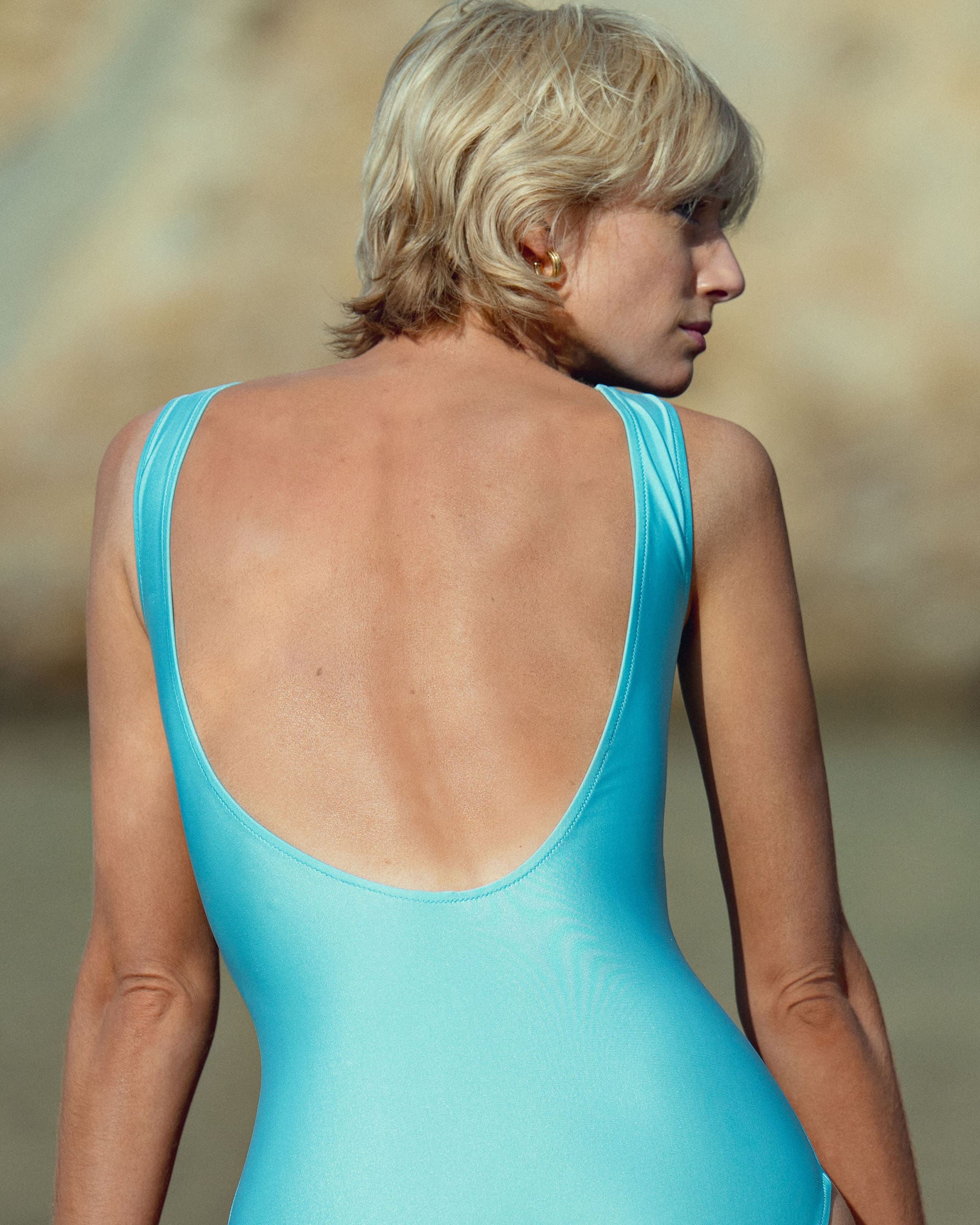Part I of the final season of The Crown ends with scenes featuring the show’s cast intercut with archival news footage. Imelda Staunton’s Queen Elizabeth II addresses the nation in the wake of the death of Diana, Princess of Wales, interspersed with real-life clips of Princes William and Harry marching down The Mall behind their mother’s casket.
If it’s an incredibly sombre moment, it’s also a familiar one. As an adult, the Duke of Sussex has spoken out about how traumatic he found this public display of grief. “My mother had just died, and I had to walk a long way behind her coffin, surrounded by thousands of people watching me while millions more did on television. I don’t think any child should be asked to do that, under any circumstances,” he told Newsweek in 2017. He reiterated these feelings in his memoir, Spare. “I remember feeling numb. I remember clenching my fists. I remember keeping a fraction of Willy always in the corner of my vision and drawing loads of strength from that.”
By closing Part I with this procession, The Crown also skips over the funeral itself, omitting the polarising eulogy given by Diana’s brother Charles, Earl of Spencer. Charles delivered the oration at Westminster Abbey on 6 September 1997. In the crowd that day? Both the royal family and every living prime minister of the United Kingdom, with 2.5 billion people watching at home. “Diana was the very essence of compassion, of duty, of style, of beauty,” he began. “All over the world, a standard-bearer for the rights of the truly downtrodden, a very British girl who transcended nationality. Someone with a natural nobility who was classless and who proved in the last year that she needed no royal title to continue to generate her particular brand of magic.”
Then, however, he moved into discussing the more tragic aspects of her life. Diana, he said, was under constant siege from the paparazzi. She felt trapped in England and dreamed of leaving it. She felt “sneered at by the media”. “It is a point to remember that of all the ironies about Diana, perhaps the greatest was this – a girl given the name of the ancient goddess of hunting was, in the end, the most hunted person of the modern age,” he said, the anger in his voice palpable. “She would want us today to pledge ourselves to protecting her beloved boys, William and Harry, from a similar fate, and I do this here, Diana, on your behalf. We will not allow them to suffer the anguish that used regularly to drive you to tearful despair.”
The Crown does its best to depict the relentlessness with which Diana was pursued by the media. It shows her hiding inside a jewellery store in Monte Carlo, panicked by the crowds swarming the windows. It shows her cowering in fear inside her car in Paris, as photographers shove their lenses into the window and block traffic to prevent her from getting through. And in the previous season, it portrayed the duplicitous, unethical way that Martin Bashir tricked her into an interview about the breakdown of her marriage with Prince Charles.
Which is why the omission of the Earl of Spencer’s speech feels like such a missed opportunity. The media frenzy around Diana was, after all, indirectly responsible for her death. In 2008, a jury ruled that the People’s Princess and Dodi Fayed were unlawfully killed by the reckless actions of their driver and the paparazzi tailing them in 1997.
More importantly, Charles’s words still ring in the ears of the royal family – and the British public – today. Prince Harry recalled the profound effect his uncle’s speech had on him as a child sitting in Westminster Abbey: “Towards the end of the service came Uncle Charles, who used his allotted time to blast everyone – family, nation, press – for stalking Mummy to her death. You could feel the abbey, the nation outside, recoil from the blow. Truth hurts,” he wrote in Spare.
To be fair, The Crown is more often criticised for what it does include rather than what it leaves out. This season it faced scrutiny for depicting Diana and Dodi’s ghosts, as well as for showing the couple’s car driving into the tunnel in the moments leading up to their crash. There’s a fine line between dramatising Diana’s death and sensationalising it – her sons, after all, are still very much alive, and the public’s memory of her is still fresh. A critically acclaimed show doesn’t need to be cruel. Yet if The Crown’s aim was to tell the definitive story of the late Queen’s reign, the Earl of Spencer’s eulogy would have provided valuable context for the behaviour of the next general of royals – not least Diana’s youngest son.
This article was originally published on British Vogue.
